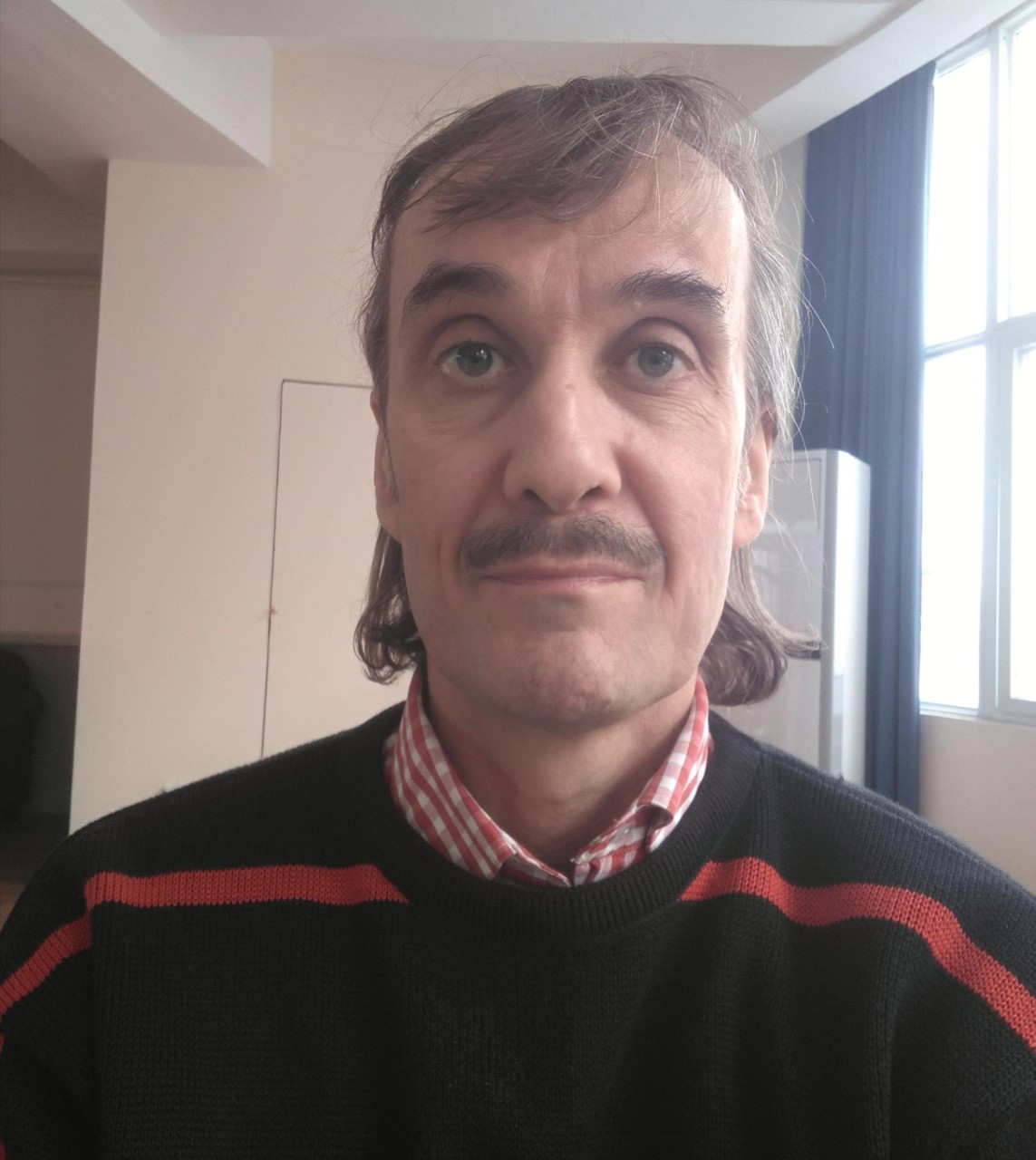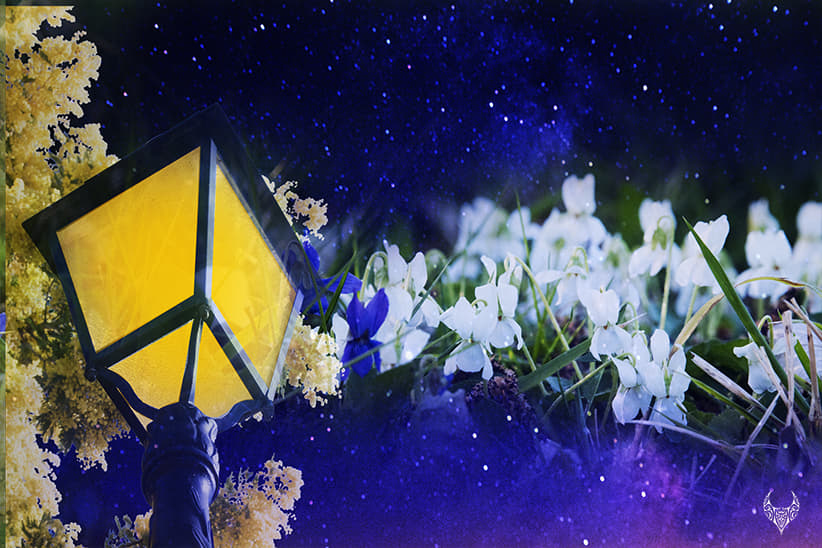About
I am a composer and pianist (both solo but in the main collaborative these days), and since 2017 a foreign professor at the School of Music and Drama, Sias University, located in the town of Xinzheng in central China's Henan province. Previously I was a senior lecturer in the Faculty of Music, Universiti Teknologi MARA (UiTM), Malaysia (from 2010-15). As a composer I feel free to explore a variety of different musical styles and impulses. This includes "commenting" on our common musical heritage in such works as '...infinite songs... 33 Variations on 'Twinkle, Twinkle Little Star' and 'Jingle Fantasy' (quoting 'Jingle Bells') both for piano solo, and more recently 'Feuillets de album' for piano (with a version for toy piano) composed for the SatiE ObsessionS project facilitated by Moving Classics TV, as well as extending to the music of other cultures, for example 'Souvenir des iles' for oboe solo and 'Meditation on a Javanese Mode' for piano solo (both of which explore the sounds of Indonesian gamelan). I believe music also has a healing function, which is best expressed perhaps in my work through a number of memorial pieces for individuals or as a marker of traumatic events, such as the 2004 Indian Ocean tsunami ('Elegy' for string quartet) and the recent covid-19 pandemic ('Elegia' for solo violin, and on a rather more mundane level ‘…meanwhile…’ for spoken voice and clavietta) as well as in works which approach difficult topics, such as domestic violence and social alienation (‘Kate Kelly’, chamber opera in 5 scenes to a libretto by Merrill Findlay). I believe communities such as these at Moving Classics bringing together diverse voices from many countries have an important role in facilitating dialogue in contemporary music practice. Thanks for sharing this opportunity

